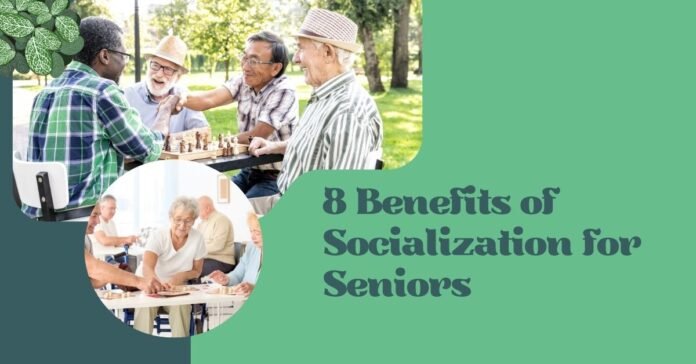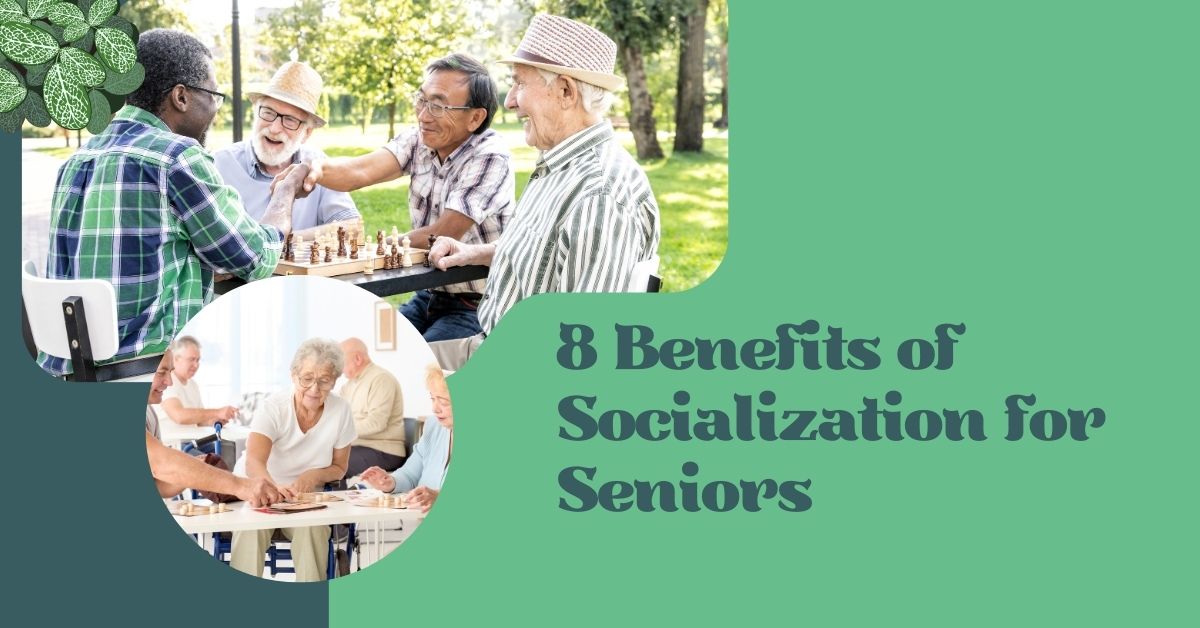Socialization is crucial for seniors, profoundly impacting their overall well-being. It not only combats loneliness and improves mental health but also encourages physical activity and cognitive engagement. Through meaningful interactions, seniors can enjoy emotional support, potentially live longer, and maintain a robust immune system. Additionally, staying socially active instills a sense of purpose and significantly elevates life quality.
Why is Socialization Important for Seniors?
Socialization is crucial for seniors as it helps combat loneliness, depression, and cognitive decline. Through social interactions, seniors maintain a sense of belonging and purpose, enhancing their emotional well-being. Socialization also fosters intellectual stimulation, keeping seniors mentally sharp and engaged. Additionally, it provides opportunities for seniors to share experiences, wisdom, and support with peers, strengthening social connections. Overall, socialization promotes better physical health, mental acuity, and overall quality of life for seniors, enabling them to age gracefully and happily.
How Senior Care Homes Help With Senior Socialization?
Senior care homes play a vital role in promoting senior socialization by providing a supportive community environment. These homes organize group events, such as game nights, exercise classes, and hobby clubs, encouraging interaction and friendship among seniors. Shared dining areas promote conversation and companionship during meals. Additionally, care homes often arrange outings and excursions, allowing seniors to explore new environments together. By fostering a supportive community environment, senior care homes play a vital role in combating social isolation and enhancing the overall quality of life for elderly individuals.
Benefits of Socialization for Seniors
Enhanced mental well-being:
Socialization for seniors provides them with opportunities to engage in conversations, share experiences, and build relationships. These interactions stimulate the brain and help seniors feel more connected to their communities, reducing feelings of loneliness and isolation. Regular social engagement has been linked to enhanced cognitive function and a lower risk of mental health issues like depression and anxiety among seniors.
Improved physical health:
Social activities often involve physical movement, such as walking, dancing, or participating in group exercises. Engaging in these activities helps seniors maintain their mobility, flexibility, and overall physical health. Also, socializing encourages seniors to stay active and engaged in life, reducing the risk of chronic health conditions associated with a sedentary lifestyle.
Increased sense of purpose:
Socialization provides seniors with opportunities to contribute to their communities, whether through volunteering, participating in group activities, or simply spending time with friends and family. This sense of purpose can enhance seniors’ overall well-being and motivation to remain active and engaged in life.
Enhanced cognitive function:
Interacting with others stimulates various cognitive processes, including memory, attention, and problem-solving skills. By engaging in conversations, games, and other social activities, seniors can keep their minds sharp and active, reducing the risk of cognitive decline and age-related cognitive disorders.
Better emotional resilience:
Social connections provide seniors with emotional support during challenging times, such as illness, loss, or life transitions. Sharing experiences and receiving empathy from others can help seniors cope with stress and adversity, promoting emotional resilience and psychological well-being.
Opportunities for learning and growth:
Socialization exposes seniors to new ideas, perspectives, and experiences, encouraging continuous learning and personal growth. Whether through participating in group discussions, attending cultural events, or learning new hobbies, seniors can expand their horizons and enrich their lives through social engagement.
Strengthened social support networks:
Building and maintaining social connections creates a network of support for seniors, providing them with emotional, practical, and social support when needed. Knowing that they have friends, family members, and community members to turn to in times of need can enhance seniors’ sense of security and well-being.
Increased longevity:
Research suggests that seniors who maintain active social lives tend to live longer, healthier lives compared to those who are socially isolated. Strong social connections have been associated with a reduced risk of mortality and improved overall health outcomes, highlighting the importance of socialization for promoting longevity and quality of life in older adults.
In conclusion, socialization holds immense benefits for seniors overall well-being. It promotes mental sharpness, physical health, and emotional resilience by fostering connections and a sense of belonging. Senior care homes play a crucial role in providing supportive environments for social interaction, enriching seniors lives through shared activities and companionship. If you’re in Frisco, TX, or a nearby area, looking for a senior care home that provides social activities and other amenities for its residents, then there are many senior care homes in Frisco TX who offer a wide range of social activities and events for residents to participate in. From fitness sessions to cultural events to group trips.


